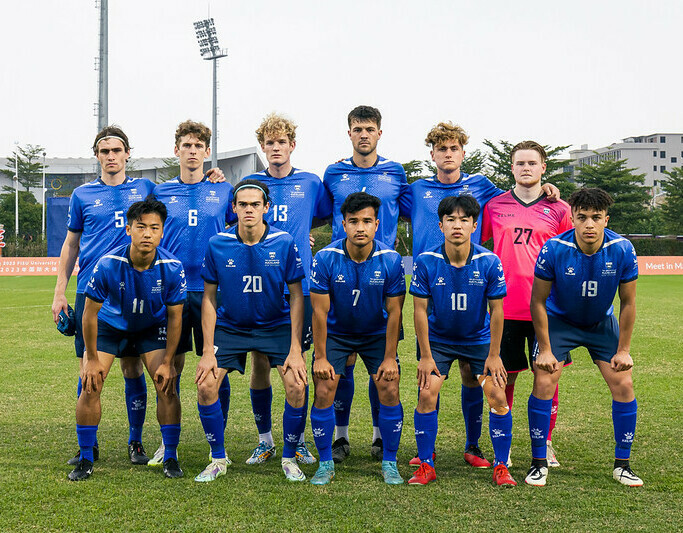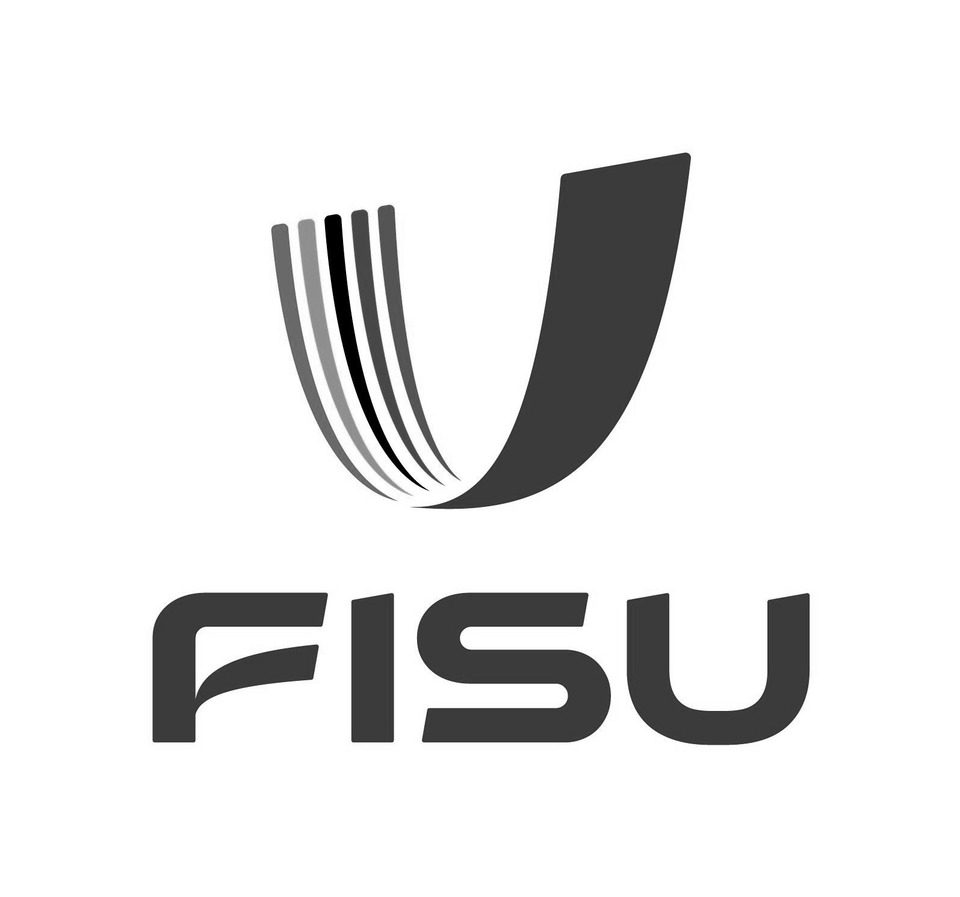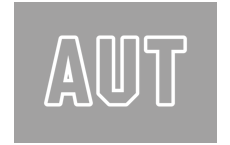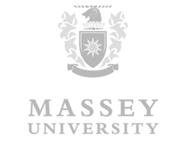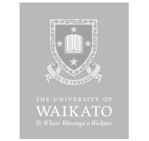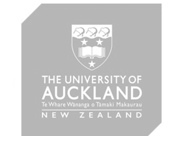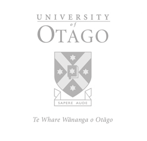University of Auckland's Journey at FISU University Football World Cup: A Tale of Personal and Professional Development
The recent participation of the University of Auckland's football team at the FISU University Football World Cup in Jinjiang, China, not only brought pride to the institution but also served as a transformative experience for both the players and the management team, fostering personal growth and development.
When asked about the impact of representing their university on an international platform, team members Daniel Gleissner-Broom and Kieran Deegan, as well as team management shared insights into the invaluable lessons and personal growth garnered from this global sporting event.
"Getting the opportunity to go to China and represent UoA and New Zealand on the world stage was an extremely rewarding experience for me," expressed Daniel Gleissner-Broom. "It showed me the opportunities that exist within sports, both within and outside of university, which I wasn't aware of before."
The event served as a cultural immersion, exposing participants to a diversity of cultures. "It opened my eyes to the extremely diverse nature of different cultures, even those that we might consider at first glance to be almost the same as ours," Gleissner-Broom added.
Similarly, when asked about a particular moment that highlighted the unique opportunities offered by such international competitions, Keiran Deegan recounted the joy of interacting with players from various countries, emphasising how shared passions for football facilitated bonding over diverse experiences.
“The one particular moment that stood out for me was on the final night when a number of teams from the other hotel came to our one to socialise. It was an incredible experience as everyone was together, sharing stories and making new memories with people from all across the globe. The bonding of cultures and countries was something I will never forget, as I can’t imagine something like this happening again in my lifetime! I can happily now call a lot of them close friends and even family, as I am still in contact with a number of people today from the likes of Spain, Australia, Uruguay, and Germany” confirmed Deegan.
With regards to the cultural experience, Gleissner-Broom added, “The trip away provided us an opportunity to talk to people from all different cultures and gave some of us more reasons to think about what we aim to do in the future, expanding our worldviews.”
The experience also enriched personal and academic aspects. Regarding personal development, Gleissner-Broom and Deegan emphasised the enhancement of leadership skills and resilience in the face of challenges. Academically, the tournament reinforced the importance of discipline, organisation and meticulous time management amidst academic commitments.
"With exams the day after arriving back in NZ, it was extremely important to keep on top of study while in China, emphasising the importance of always being on top of all university work all the time" explained Gleissner-Broom.
In addition, the quality of the competition and pressure on the team to perform (whilst facing injuries and results that didn’t always go their way) meant the team had to develop a considerable degree of resilience.
“A really important and valuable lesson I learned during my involvement in the UWC was the significance of goal setting, both collectively as a team and individually. Our collective goal-setting exercises, led by our manager, were instrumental in helping us overcome disappointments when our performance didn't meet our expectations. This experience taught me that goal setting is not just crucial in sports, but can be extremely useful and beneficial in life more generally” explained Gleissner-Broom.
For the management staff, the tournament was an avenue for significant skill development and personal growth. "Creating a strong team culture is something we work heavily on across our standard calendar year," shared the management.
The transition from domestic tournaments to the global stage provided a unique opportunity to further hone their skills in fostering team unity, utilising practices from their usual schedule to build a closely-knit unit during the two-week international tournament.
“Going from National Tertiary Championship tournaments in New Zealand to preparing for the world stage was a huge adjustment and presented great opportunity to develop our skills as managers”.
“The experience also highlighted the importance of communication, both within their own team and with counterparts from other countries. Building connections with staff worldwide and witnessing the high level of organisation by FISU set a new standard for our own programming, aiming to ensure students feel equally well-supported during national tournaments” confirmed University of Auckland High Performance Support Coordinator, Brock Gunson.
In summary, reflecting on the broader significance of sport in tertiary education, both Gleissner-Broom and Deegan both emphasised the importance of physical activity beyond its athletic benefits. They expressed how the exposure to diverse cultures expanded their worldviews and inspired future travel with the tournament being a melting pot of cultures and backgrounds.
They also stressed the role of tertiary sport as a means of relaxation, social interaction, and maintaining a balanced lifestyle. In addition, the lessons learned from sport, such as goal-setting and the ability to navigate high-pressure situations, were highlighted as vital skills applicable across various aspects of life.
For management the opportunity to further develop skills was highly beneficial. All of these positive outcomes highlighting the importance of continuing to provide aspirational opportunities for students to perform on the world stage.
Posted: Thu 07 Dec 2023

